Review the potential benefits, risks, and possible side effects.
TMS Pros & Cons
Transcranial Magnetic Stimulation (TMS) has emerged as a groundbreaking treatment for mental health and mood disorders. As a cutting-edge therapy, it offers new hope for those who have found limited success with traditional treatments. At Boulder TMS, we understand that considering a novel treatment like TMS may feel daunting. This page aims to provide an unbiased overview of TMS therapy, its effectiveness, and how it's administered by professionals like our team at Boulder TMS.
TMS Pros & Cons
Transcranial Magnetic Stimulation (TMS) has emerged as a groundbreaking treatment for mental health and mood disorders. As a cutting-edge therapy, it offers new hope for those who have found limited success with traditional treatments. At Boulder TMS, we understand that considering a novel treatment like TMS may feel daunting. This page aims to provide an unbiased overview of TMS therapy, its effectiveness, and how it's administered by professionals like our team at Boulder TMS.
303-449-0318
Call Our Office
TMS Pros & Cons
Transcranial Magnetic Stimulation (TMS) has emerged as a groundbreaking treatment for mental health and mood disorders. As a cutting-edge therapy, it offers new hope for those who have found limited success with traditional treatments. At Boulder TMS, we understand that considering a novel treatment like TMS may feel daunting. This page aims to provide an unbiased overview of TMS therapy, its effectiveness, and how it's administered by professionals like our team at Boulder TMS.
 Rating
Rating
Is TMS Right For You?
TMS is a safe, non-invasive, and side-effect-free treatment option. Curious if it's right for you? Take the quiz or call
303-449-0318
to learn more.
Is TMS Right For You?
TMS is a safe, non-invasive, and side-effect-free treatment option. Curious if it's right for you? Take the quiz or call
303-449-0318
to learn more.
Pros Of TMS Treatment
TMS continues to evolve, with its applications expanding to treat more disorders. TMS started by addressing depression as a condition linked to abnormal brain functioning and communication. By using precisely targeted magnetic fields, TMS provokes a response in specific nerve cells, potentially restoring healthy brain function.
TMS works when other treatments have failed
TMS offers a promising alternative for patients who haven't found relief through conventional methods. This can be particularly encouraging for those feeling disheartened by previous treatment failures.
TMS is non-invasive
TMS is administered externally, requiring no surgery, skin incisions, or anesthesia. Patients remain fully conscious during treatment and can immediately resume their daily activities afterward, with no recovery time needed.
TMS is highly effective
Most TMS providers report success rates between 70%-80%, meaning the majority of patients who complete the full protocol experience a reduction in symptoms. Even more impressively, around 50% of patients become completely asymptomatic, achieving full relief from their symptoms. These rates are remarkably high for mental health treatments.
Side effects are minimal
TMS is generally well-tolerated, with minimal side effects. Most patients report only momentary headaches, if any discomfort at all. This contrasts favorably with many systemic treatments like antidepressants, which can cause more persistent side effects such as weight changes or altered libido.
Pay upfront and Save $1,400
For those opting for self-payment, we offer upfront and weekly payment plans. Learn more in our pricing guide below.
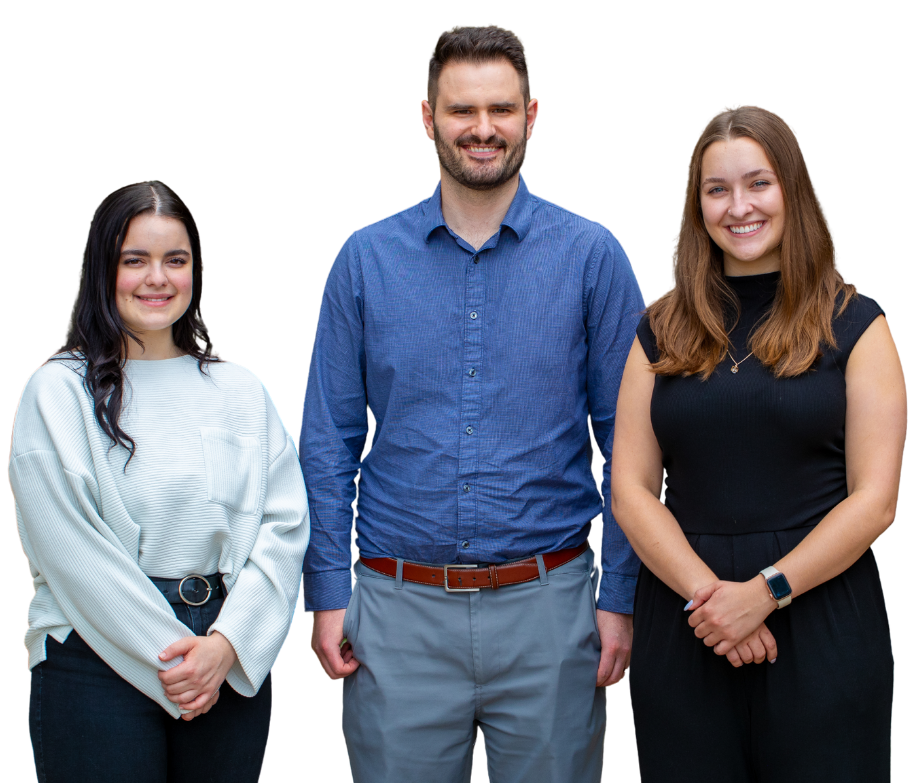
Pay upfront and Save $1,400
For those opting for self-payment, we offer upfront and weekly payment plans. Learn more in our pricing guide below.

TMS is FDA Approved
The FDA approved TMS for treating major depression in 2008 and expanded this approval to include
OCD treatment in 2017. This official recognition provides assurance of the therapy's safety and effectiveness.
TMS is covered by insurance
TMS is covered by most insurance carriers for patients who have failed 2 or more antidepressants. This results in a lower cost than ongoing therapy or ketamine. Read more: How much does TMS Cost? →
Cons of TMS Treatment
Insurance doesn’t cover everyone
Insurance coverage for TMS therapy typically requires it to be a second-line treatment, meaning patients must have tried and failed to respond to at least two other treatments for major depressive disorder. At Boulder TMS, we're committed to guiding you through insurance matters and exploring third-party financing options.
There are some instances in which TMS cannot be used
TMS is not suitable for everyone. Patients with metal devices or implants in their brain cannot undergo TMS due to the magnetic fields used. Additionally, individuals with a history of epilepsy or seizures are generally not candidates for TMS therapy. Read more: Is TMS right for me? →
The length of the treatment protocol
A typical TMS protocol spans 4-6 weeks. The requirement for multiple weekly clinic visits can be time-consuming and may feel disruptive to some patients' routines. However, the visits are usually short, lasting only 15 to 30 minutes. Read more: TMS treatment expectations →
Patient experiences

"This place changed my life. After being on countless medications and other treatment modalities for my depression and anxiety for three decades, I finally found something that worked for me. I describe it to people as finally seeing colors again. The staff are lovely and make each visit very pleasant. Just a note for people's information: after 2 full rounds covered by insurance, I still need TMS twice a month to keep myself in a good place. But everyone is different." - Ruth Andrews
At Boulder Center for TMS, we bring more than a decade of experience in TMS therapy to every patient interaction. Our commitment is to provide both a professional and compassionate environment, addressing any fears or apprehensions you may have about the treatment. We tailor each treatment plan to the individual, ensuring you receive personalized care that meets your unique needs.
By offering TMS therapy in conjunction with psychedelic therapy through our sister clinic, Delos Psychiatry, we provide a holistic approach to mental health treatment. Whether your time with us is brief or extended, we make your experience at Boulder TMS fulfilling and restorative.
We invite you to explore the possibilities that TMS therapy offers.
Contact us today
to learn more about how this innovative treatment could be the key to unlocking better mental health for you.
"Treatment here was a game-changer for me. I feel like my overall mood has improved on a daily basis, and there's been notable differences in my focus at work. It's pretty incredible, actually. The staff was great as well. Highly recommend this clinic for anyone seeking TMS."
Ryan Cwynar
More Rescources
Does TMS require sedation?
Learn More →TMS does not require sedation. All that is required is for the patient to sit still in the ergonomic treatment chair for the duration of treatment. Patients undergoing TMS therapy can return to their daily activities immediately following treatment.
Does insurance cover TMS therapy?
Learn More →Many insurance companies will cover a large portion of the cost of TMS treatment. At Boulder Center for TMS, we are often able to contract single-case agreements with insurance companies. This means that even if we are considered out of network by your insurance company, they will cover treatment at an in-network level. We research your insurance benefits for you and make sure you are aware of any out-of-pocket costs before beginning treatment so that you can make an informed decision based on your unique financial needs.
What are the common side effects of TMS?
Learn More →Unlike ECT (electroconvulsive therapy) where short-term confusion, memory loss, and long-term disruptions in memory have been shown to occur, TMS has little to no side effects. Some patients who undergo TMS therapy report headaches, fatigue, scalp soreness, or dizziness. However, these side effects are minor and tend to fade within the first week of treatment. The most serious side effect known side effect is seizure, though that only happens in roughly 1 in 200 patients. This is a very rare event that our staff is trained to handle.
Is TMS Therapy the same as Shock Therapy (ECT)?
No, the two procedures are very different. While both are effective in the treatment of depression, there are many differences in safety and tolerability. TMS is a non-invasive therapy that stimulates the activation of a patient’s brain with pulsed magnetic fields. During a session of TMS, patients will sit in a chair and are awake and alert throughout the entire 15-30 minute procedure – no sedation is used with TMS Therapy. Patients can transport themselves to and from treatment with ease. In contrast, "shock therapy", or electroconvulsive therapy (ECT), intentionally causes a seizure through the direct application of electrical current. Patients receiving ECT must be sedated with general anesthesia and paralyzed with muscle relaxants. Recovery from an ECT treatment session occurs slowly, and patients are usually closely monitored for minutes or even a few hours after a treatment.
Am I a good candidate for TMS?
Learn More →Our patients complete an initial evaluation appointment with our board-certified Psychiatrists to determine if TMS is a viable treatment option. During the appointment, we review your treatment and medication history. You will also have the opportunity to discuss your current medications and ask any remaining questions regarding treatment. This will help both you and the psychiatrists, to gauge if TMS is the right procedure for you.
Is TMS Right For You?
TMS is a safe, non-invasive, FDA-approved treatment that offers an effective alternative to medication. Take our 2-minute quiz to find out if TMS is the right option for you.
Take the quiz →

FDA-Approved
Treatment for depression and OCD.
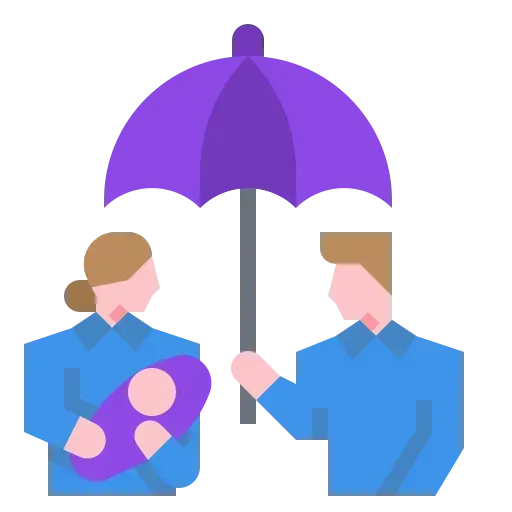
Insurance Coverage
Major insurance providers cover TMS therapy
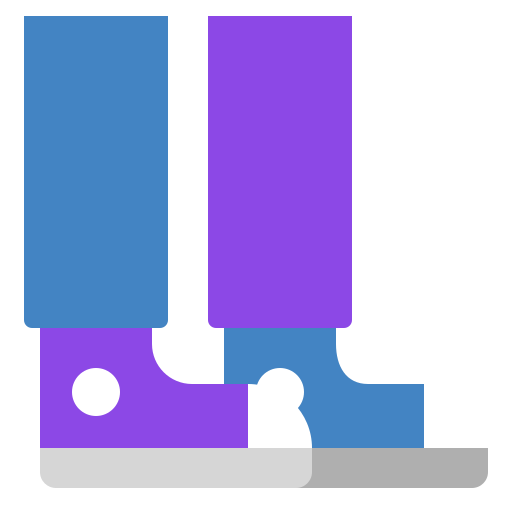
Outpatient
Receive treatment without disrupting your daily routine.
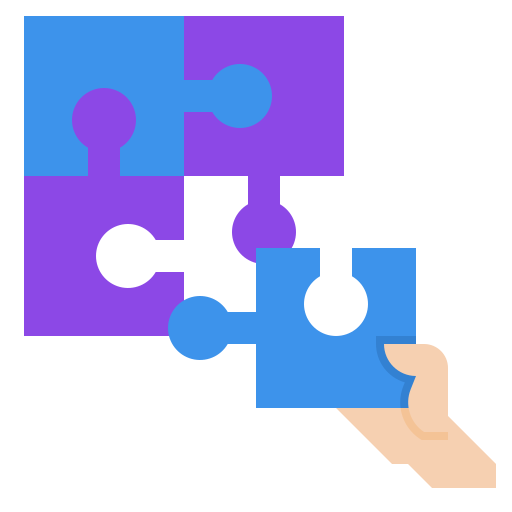
Holistic Care
Combine TMS with therapy or medication when needed.
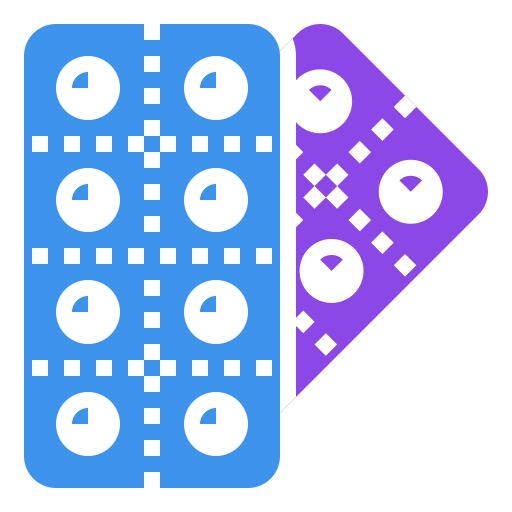
Drug-Free Alternative
Alternative option to antidepressants.
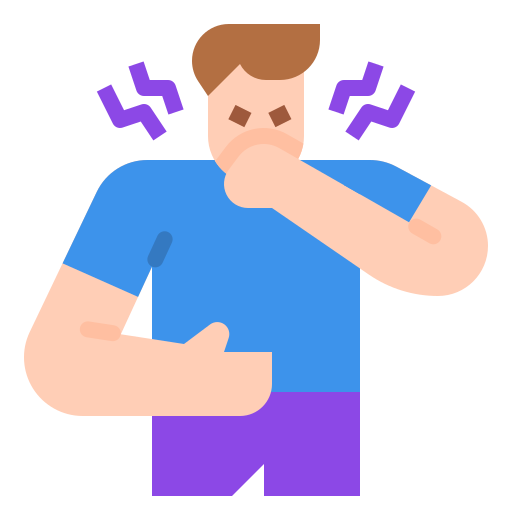
Minimal Side Effects
Safe and well-tolerated treatment option.
Your Free Consultation
Begin your TMS treatment journey today. Call
303-449-0318
or complete our simple online form.
Contact Us
We will get back to you as soon as possible.
Please try again later.
What Happens In My Consultation?
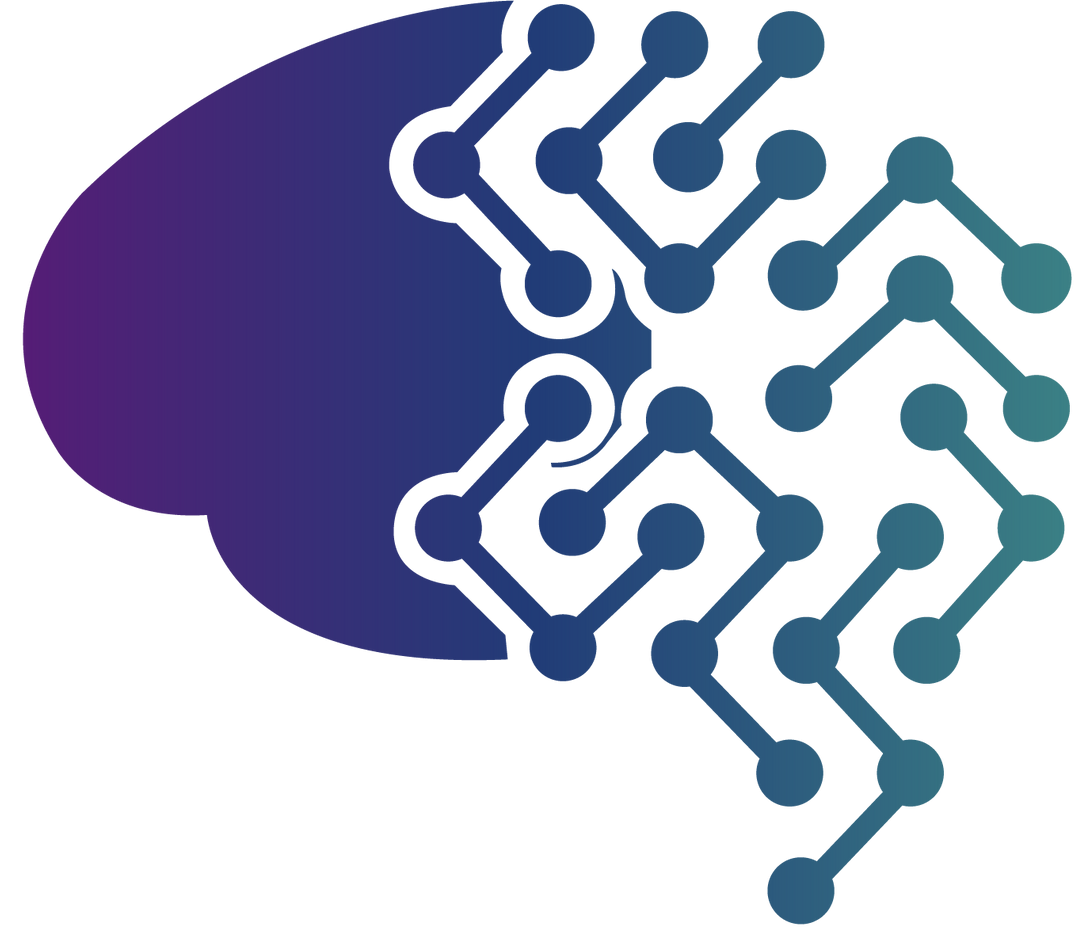

If we feel that other treatments are more likely to be effective, we will advise you of this.

In some cases, additional diagnostic testing will be recommended, such as hormone levels, other lab tests, sleep studies, or brain imaging.
What Makes Us Different?
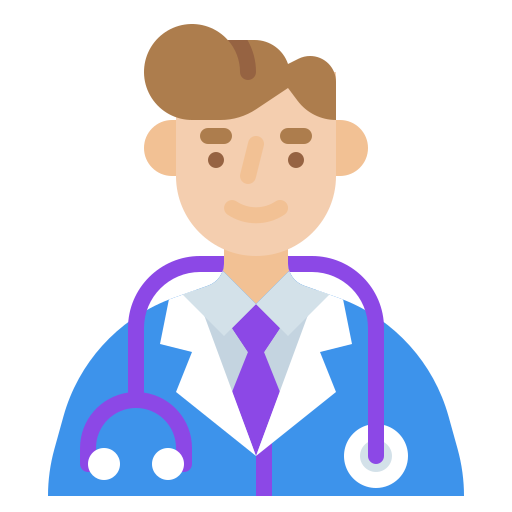
25 Years Combined Experience In TMS Treatment

FDA-Approved TMS Protocols, Ensuring Safe Treatment

Personalized Treatment Protocols Suit Your Specific Needs.
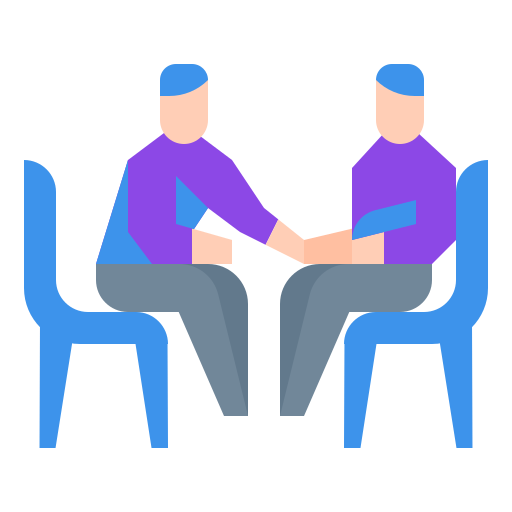
Integrate Therapy, Lifestyle Changes, & Medications.
TMS is highly effective
Most TMS providers report success rates between 70%-80%, meaning the majority of patients who complete the full protocol experience a reduction in symptoms. Even more impressively, around 50% of patients become completely asymptomatic, achieving full relief from their symptoms. These rates are remarkably high for mental health treatments.
Side effects are minimal
TMS is generally well-tolerated, with minimal side effects. Most patients report only momentary headaches, if any discomfort at all. This contrasts favorably with many systemic treatments like antidepressants, which can cause more persistent side effects such as weight changes or altered libido.
Pay upfront and Save $1,400
For those opting for self-payment, we offer upfront and weekly payment plans. Learn more in our pricing guide below.

Pay upfront and Save $1,400
For those opting for self-payment, we offer upfront and weekly payment plans. Learn more in our pricing guide below.

TMS is FDA Approved
The FDA approved TMS for treating major depression in 2008 and expanded this approval to include
OCD treatment in 2017. This official recognition provides assurance of the therapy's safety and effectiveness.
TMS is covered by insurance
TMS is covered by most insurance carriers for patients who have failed 2 or more antidepressants. This results in a lower cost than ongoing therapy or ketamine. Read more: How much does TMS Cost? →
Cons of TMS Treatment
Insurance doesn’t cover everyone
Insurance coverage for TMS therapy typically requires it to be a second-line treatment, meaning patients must have tried and failed to respond to at least two other treatments for major depressive disorder. At Boulder TMS, we're committed to guiding you through insurance matters and exploring third-party financing options.
There are some instances in which TMS cannot be used
TMS is not suitable for everyone. Patients with metal devices or implants in their brain cannot undergo TMS due to the magnetic fields used. Additionally, individuals with a history of epilepsy or seizures are generally not candidates for TMS therapy. Read more: Is TMS right for me? →
The length of the treatment protocol
A typical TMS protocol spans 4-6 weeks. The requirement for multiple weekly clinic visits can be time-consuming and may feel disruptive to some patients' routines. However, the visits are usually short, lasting only 15 to 30 minutes. Read more: TMS treatment expectations →
Patient experiences

"This place changed my life. After being on countless medications and other treatment modalities for my depression and anxiety for three decades, I finally found something that worked for me. I describe it to people as finally seeing colors again. The staff are lovely and make each visit very pleasant. Just a note for people's information: after 2 full rounds covered by insurance, I still need TMS twice a month to keep myself in a good place. But everyone is different." - Ruth Andrews
At Boulder Center for TMS, we bring more than a decade of experience in TMS therapy to every patient interaction. Our commitment is to provide both a professional and compassionate environment, addressing any fears or apprehensions you may have about the treatment. We tailor each treatment plan to the individual, ensuring you receive personalized care that meets your unique needs.
By offering TMS therapy in conjunction with psychedelic therapy through our sister clinic, Delos Psychiatry, we provide a holistic approach to mental health treatment. Whether your time with us is brief or extended, we make your experience at Boulder TMS fulfilling and restorative.
We invite you to explore the possibilities that TMS therapy offers.
Contact us today to learn more about how this innovative treatment could be the key to unlocking better mental health for you.
"Treatment here was a game-changer for me. I feel like my overall mood has improved on a daily basis, and there's been notable differences in my focus at work. It's pretty incredible, actually. The staff was great as well. Highly recommend this clinic for anyone seeking TMS."
Ryan Cwynar
More Rescources
Does TMS require sedation?
Learn More →TMS does not require sedation. All that is required is for the patient to sit still in the ergonomic treatment chair for the duration of treatment. Patients undergoing TMS therapy can return to their daily activities immediately following treatment.
Does insurance cover TMS therapy?
Learn More →Many insurance companies will cover a large portion of the cost of TMS treatment. At Boulder Center for TMS, we are often able to contract single-case agreements with insurance companies. This means that even if we are considered out of network by your insurance company, they will cover treatment at an in-network level. We research your insurance benefits for you and make sure you are aware of any out-of-pocket costs before beginning treatment so that you can make an informed decision based on your unique financial needs.
What are the common side effects of TMS?
Learn More →Unlike ECT (electroconvulsive therapy) where short-term confusion, memory loss, and long-term disruptions in memory have been shown to occur, TMS has little to no side effects. Some patients who undergo TMS therapy report headaches, fatigue, scalp soreness, or dizziness. However, these side effects are minor and tend to fade within the first week of treatment. The most serious side effect known side effect is seizure, though that only happens in roughly 1 in 200 patients. This is a very rare event that our staff is trained to handle.
Is TMS Therapy the same as Shock Therapy (ECT)?
No, the two procedures are very different. While both are effective in the treatment of depression, there are many differences in safety and tolerability. TMS is a non-invasive therapy that stimulates the activation of a patient’s brain with pulsed magnetic fields. During a session of TMS, patients will sit in a chair and are awake and alert throughout the entire 15-30 minute procedure – no sedation is used with TMS Therapy. Patients can transport themselves to and from treatment with ease. In contrast, "shock therapy", or electroconvulsive therapy (ECT), intentionally causes a seizure through the direct application of electrical current. Patients receiving ECT must be sedated with general anesthesia and paralyzed with muscle relaxants. Recovery from an ECT treatment session occurs slowly, and patients are usually closely monitored for minutes or even a few hours after a treatment.
Am I a good candidate for TMS?
Learn More →Our patients complete an initial evaluation appointment with our board-certified Psychiatrists to determine if TMS is a viable treatment option. During the appointment, we review your treatment and medication history. You will also have the opportunity to discuss your current medications and ask any remaining questions regarding treatment. This will help both you and the psychiatrists, to gauge if TMS is the right procedure for you.
Is TMS Right For You?
TMS is a safe, non-invasive, FDA-approved treatment that offers an effective alternative to medication. Take our 2-minute quiz to find out if TMS is the right option for you.
Take the quiz →

FDA-Approved
Treatment for depression and OCD.

Insurance Coverage
Major insurance providers cover TMS therapy

Outpatient
Receive treatment without disrupting your daily routine.

Holistic Care
Combine TMS with therapy or medication when needed.

Drug-Free Alternative
Alternative option to antidepressants.

Minimal Side Effects
Safe and well-tolerated treatment option
Your Free Consultation
Begin your TMS treatment journey today. Call
303-449-0318
or complete our simple online form.
Contact Us
We will get back to you as soon as possible.
Please try again later.
What Happens In My Consultation?

Review the potential benefits, risks, and possible side effects.

If we feel that other treatments are more likely to be effective, we will advise you of this.

In some cases, additional diagnostic testing will be recommended, such as hormone levels, other lab tests, sleep studies, or brain imaging.
What Makes Us Different?

25 Years Combined Experience In TMS Treatment

FDA-Approved TMS Protocols, Ensuring Safe Treatment

Personalized Treatment Protocols Suit Your Specific Needs.

Integrate Therapy, Lifestyle Changes, & Medications.
Your Free Consultation
Begin your TMS treatment journey today. Call
303-449-0318
or complete our simple online form.
Contact Us
We will get back to you as soon as possible.
Please try again later.
What Happens In My Consultation?

Review the potential benefits, risks, and possible side effects.

If we feel that other treatments are more likely to be effective, we will advise you of this.

In some cases, additional diagnostic testing will be recommended, such as hormone levels, other lab tests, sleep studies, or brain imaging.
What Makes Us Different?

25 Years Combined Experience In TMS Treatment

FDA-Approved TMS Protocols, Ensuring Safe Treatment

Personalized Treatment Protocols Suit Your Specific Needs.

Integrate Therapy, Lifestyle Changes, & Medications.








